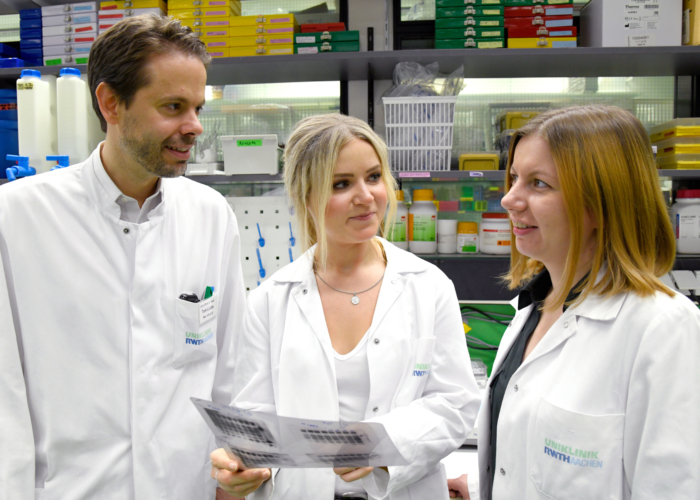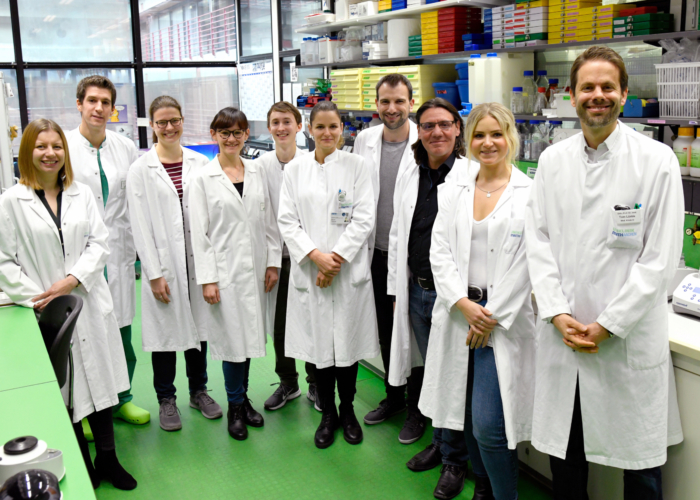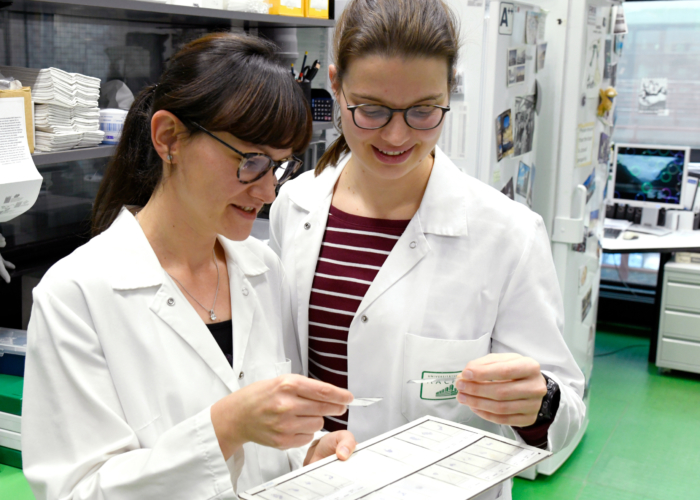A01E: Microbiota and TLR-signalling in the development and recurrence of intrahepatic cholangiocarcinoma
Project A01E ended after the first funding period.
Gut microbiota play a fundamental role in the modulation of the hepatic microenvironment. This is essential in the progression from chronic hepatic inflammation to hepatocellular carcinoma. Moreover, microbial components and a dysbiosis of intestinal and biliary microbiota were proposed as potential triggers and modulators of benign biliary diseases. Intrahepatic cholangiocarcinoma (iCCA) is a malignant tumour of biliary differentiation with rising incidence and limited treatment options. The exact role of microbiota and toll-like-receptor (TLR)-signalling in ICCA is still elusive.
In this project we
- will evaluate if and how signals triggered by intestinal microbiota modulate the development of cholangiocarcinoma in a genetic murine tumor model.
- will examine the role of specific components of gut microbiota in the recurrence of iCCA after surgical resection in a mouse model as a proof-of principle for new adjuvant treatment strategies.
- transfer the findings from murine disease models into human patients using specimen from an interventional clinical trial (ARROW-trial) on selective microbiome-modification in liver tumor patients.
The interventional clinical ARROW trial (ARROW = Administration of Rifaximin to improve liver regeneration and outcome following liver resection) gives the unique opportunity to directly transfer proof-of-concept findings from mice into human patients. Patients planned for major liver resection will either receive perioperative treatment with the antibiotic Rifaximin or no treatment. Collection of serum, stool and liver tissue to evaluate the impact of microbiome modifications on liver regeneration, soluble inflammatory mediators that reach the liver via the portal vein and local inflammatory processes in tumour and non-tumour liver tissue.




